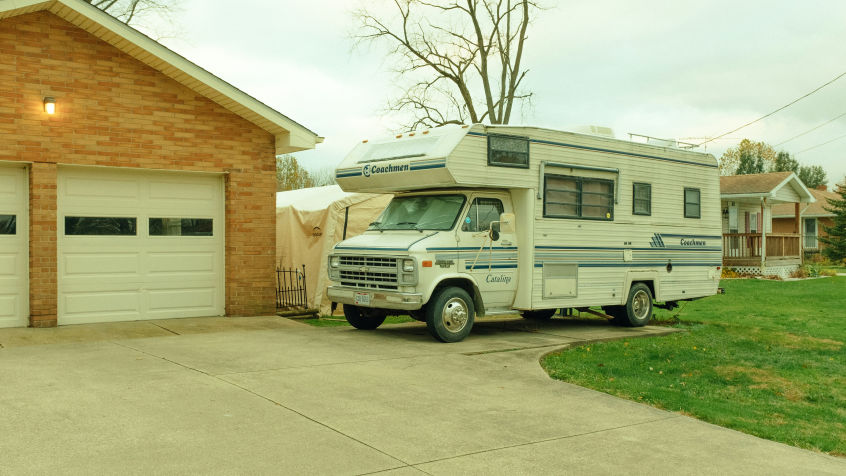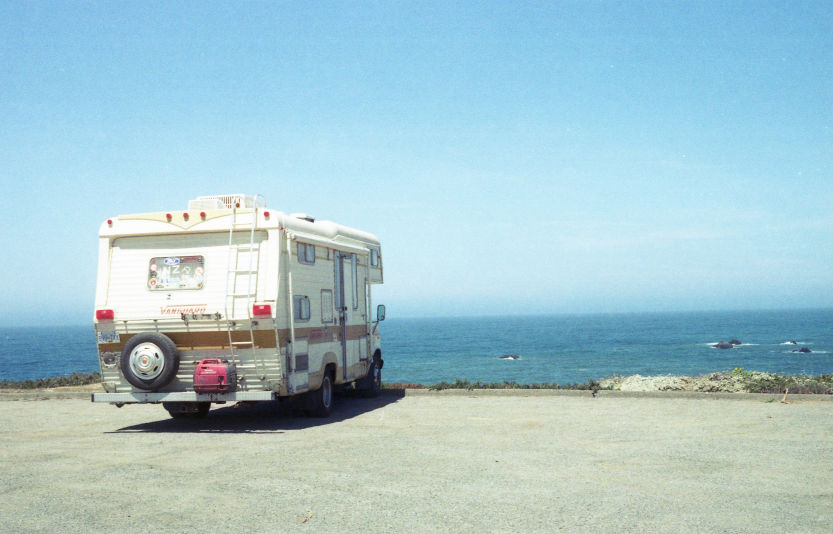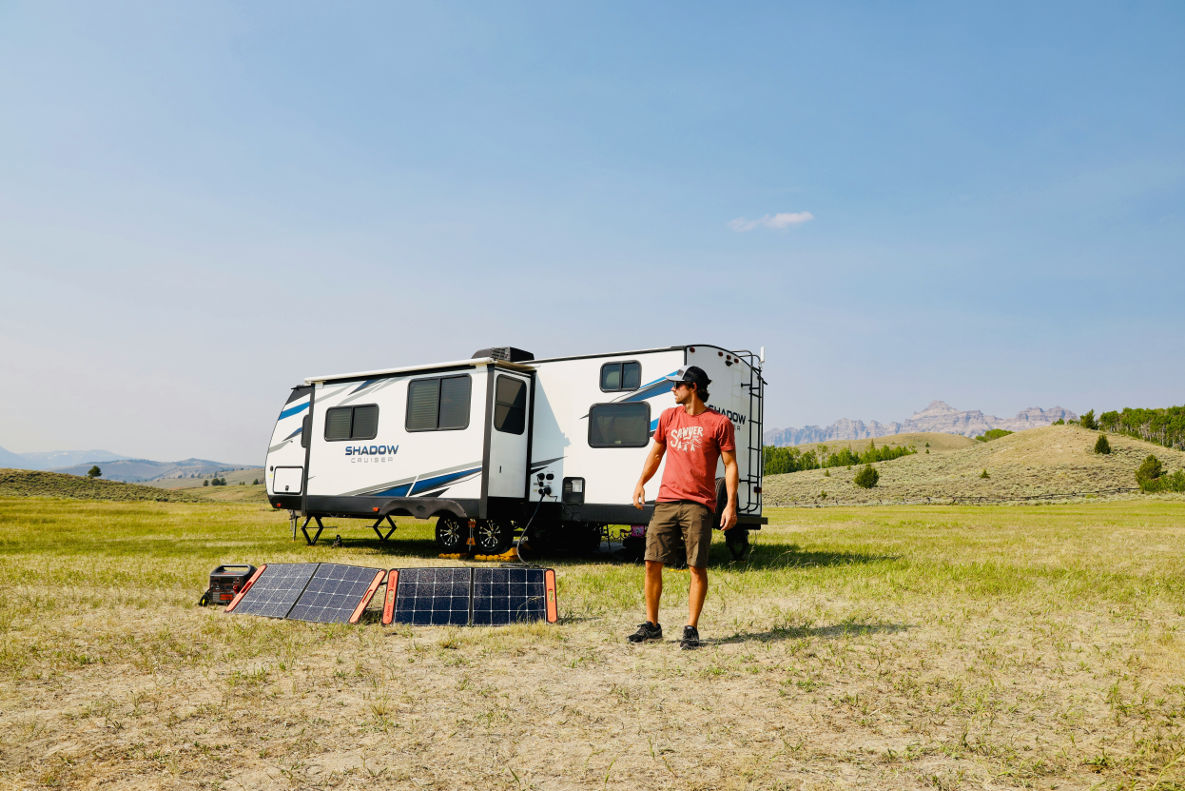Solar energy continues to gain popularity among eco-conscious individuals and those seeking off-grid living. With RVs becoming a popular choice for travel, many owners are curious about if home rooftop solar panels can be used for their vehicles. Factors like energy independence, reducing reliance on fuel-powered generators, and maximizing available power for appliances have sparked the question: can you install home solar panels on an RV? However, the suitability of this idea depends on several practical and technical considerations.
Understanding RV Solar Panel Installation
RV-specific solar setups are designed to meet the needs of travelers who want portable and sustainable energy solutions. These systems differ significantly from home installations in terms of size, weight, and energy capacity.
Types of Panels Commonly Used for RVs
- Flexible Solar Panels: These are lightweight and adaptable, making them ideal for curved or uneven RV roof surfaces. Their reduced weight minimizes the strain on the vehicle and improves fuel efficiency. However, they tend to have slightly lower efficiency compared to rigid panels and may have a shorter lifespan.
- Monocrystalline Panels: Known for high efficiency and durability, these panels work well even in partially shaded conditions, making them suitable for RVs parked in mixed-light environments. Their compact design allows for maximum energy production in limited spaces, though they tend to be more expensive than other options.
- Polycrystalline Panels: While slightly less efficient than monocrystalline panels, these panels are a budget-friendly option for RVs. Their design requires more roof space to produce the same energy output as other types, which can be a consideration for smaller vehicles.
Typical Power Requirements for RV Appliances
Energy needs in an RV depend on the lifestyle of its occupants and the devices they use. Here’s a breakdown:
- Low-Consumption Devices: LED lights, USB chargers, and small fans typically consume less than 50 watts each, making them easy to power with smaller solar setups.
- Medium-Consumption Devices: Devices like laptops, TVs, and small kitchen appliances such as coffee makers range between 100–400 watts, requiring more panels or battery capacity to maintain usage.
- High-Consumption Devices: Larger appliances like air conditioners (1,200–2,000 watts), microwaves (800–1,500 watts), and electric heaters demand significant energy. These devices can quickly drain an RV battery and often exceed what a small solar setup can replenish in a day, especially during overcast weather.
- Seasonal Factors: During colder months, additional energy may be needed for heating, while in warmer climates, air conditioning becomes a major power draw. This seasonal variability underscores the importance of carefully calculating energy needs before choosing a solar setup.
Why People Consider Home Rooftop Solar Panels for RVs
The idea of installing home-grade rooftop solar panels on an RV often comes from the assumption that their higher energy output will better meet power needs. Home panels are designed for substantial energy production, leading many to think they could provide a more robust solution for demanding RV appliances.
However, this comes with technical, physical, and financial challenges that require careful consideration before making a decision.
Challenges of Installing Home Solar Panels on RVs
Physical Constraints
- Limited Roof Space: RV roofs are already occupied by vents, air conditioning units, and satellite dishes, further reducing the available space for solar panels. This limitation often restricts RV owners to small systems that may not meet energy needs for extended trips.
- Weight Issues: Home solar panels are not only heavier but also require sturdy mounting systems to secure them in place. This additional weight can strain the RV’s suspension system, reducing its lifespan and increasing maintenance costs over time.
Energy Compatibility
- Mismatch in Capacity: Home-grade panels are designed to generate more electricity than an RV battery system can store. Without a proper inverter or energy management system, excess power could go to waste, making the investment less efficient.
- Challenges of Mobility: Stationary solar panels are made to withstand static outdoor conditions, but constant movement, vibrations, and road hazards in an RV environment can lead to panel damage or reduced efficiency. This requires additional protective measures, further increasing costs and complexity.

Advantages of Installing Solar Panels on Homes Instead of RVs
Efficiency and Output
- Larger Energy Systems: Residential rooftops can support multiple solar panels, enabling homeowners to generate sufficient power for household use, EV charging, and even RV recharging. This scalability provides unmatched energy independence.
- Stable Performance: Home solar panels are positioned at optimal angles to capture sunlight, maximizing energy production. Unlike RVs, which often park in shaded areas or change orientation, homes ensure consistent solar exposure.
Cost Considerations
- Economies of Scale: With larger systems, installation costs are spread across a higher wattage, making each unit of energy produced more affordable. In addition, bulk purchases of panels and components for homes typically result in lower per-unit costs.
- Tax Incentives and Credits: Programs like the ITC (Investment Tax Credit) and state-level rebates significantly reduce the financial burden of home solar installations. These benefits are rarely available for RV solar systems, making residential installations more financially attractive.
Ease of Use
- Reliable Charging for RVs: A home solar system provides a dependable charging station for RV batteries, especially during downtime between trips. This eliminates the need for external hookups or reliance on inconsistent mobile setups.
- Streamlined Maintenance: Home systems are stationary and designed for minimal upkeep. In contrast, RV solar panels may require frequent checks and repairs due to exposure to harsher, mobile conditions.
Environmental and Community Benefits
Larger Environmental Impact of Home Installations
Installing solar panels on homes contributes more significantly to reducing carbon emissions than RV setups. Residential solar systems generate far more energy, allowing homeowners to replace a larger portion of their reliance on fossil fuels with clean, renewable power. This shift has a compounding effect on reducing environmental impact over time.
Community-Wide Advantages of Residential Solar Adoption
When more homes adopt solar energy, the collective benefits extend beyond individual households. Reduced demand on the grid decreases the strain on traditional power plants, leading to lower emissions for entire communities. In addition, widespread residential solar adoption often inspires local governments to invest further in green infrastructure, creating a ripple effect that benefits everyone.

Key Considerations for RV Owners
Situations Where RV Solar Panels May Still Be Beneficial
While home installations offer broader benefits, RV solar panels remain practical for specific scenarios. For instance, RV owners who frequently travel off-grid can use small, lightweight setups to power essential devices like lights, fans, or chargers. Pairing these setups with solar batteries enhances their usability by allowing energy storage for use during nighttime or overcast conditions. These systems provide a level of convenience and independence that is invaluable in remote locations.
Small RV Solar Setups Combined with Home Systems
Many RV owners find that a combination of small RV solar panels and a home solar system is the most effective approach. The RV panels handle basic energy needs during travel, while the home system, supported by solar batteries, provides a reliable source of power for recharging and running larger appliances when parked. This complimentary setup maximizes convenience and efficiency without overloading either system.
Why Choose Sunwise Energy for Your Solar Needs
Home solar installations provide a practical and efficient solution for maximizing energy use and long-term savings. Compared to modifying panels for RVs, residential systems deliver greater energy capacity, cost-effectiveness, and the ability to conveniently charge your RV while parked. With additional benefits like tax incentives and a significant environmental impact, home solar installations are the smarter choice for homeowners. At Sunwise Energy, we’re here to make switching to solar straightforward and stress-free. From reducing energy bills to embracing renewable power, we’re ready to guide you every step of the way. Check our blogs to learn more and start your journey to energy independence today.








